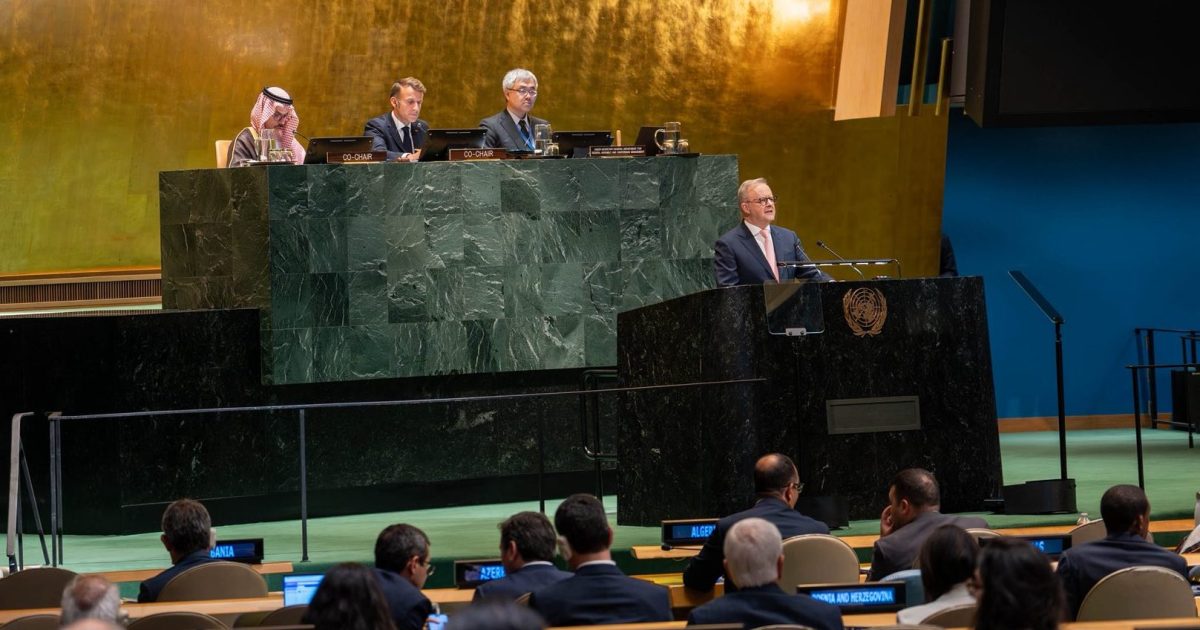Australia's Republican Dream: A Fading Hope?
Anthony Albanese's recent visit to King Charles at Balmoral Castle has fueled speculation that Australia's move towards becoming a republic is unlikely to advance during his leadership. Albanese, the fifth successive republican Labor prime minister, appears hesitant to pursue another referendum after the failed Voice referendum.
Anthony Albanese shares a joke with King Charles at Parliament House last October. Credit: Getty Images
Albanese's Referendum Aversion and the Republican Cause
The Prime Minister's reluctance seems rooted in the experience of losing the Voice referendum. In an interview with David Speers on ABC's Insiders, Albanese stated that another referendum question would not be asked during his prime ministership. This has dampened the hopes of republicans who seek to sever ties with the British monarchy.
Some speculate that Albanese might see a kindred spirit in King Charles, believing the monarch may also prefer to address progressive issues more openly, but chooses restraint to avoid controversy. However, Albanese's current stance has left the republic cause in limbo.
Historical Context: Referendums as a Roadblock to Reform
Australia has a history of failed referendums, making it a challenging path for reformers. Similar to the US Senate's history of blocking reform, Australian referendums have become a barrier to change. The rejection of the Voice referendum in 2023, the 1999 republic referendum, and Bob Hawke's 1988 proposal for longer parliamentary terms exemplify this trend.
"When Australia Became a Republic": A Cultural Perspective
Esther Anatolitis, co-chair of the Australian Republic Movement (ARM), argues in her new book, "When Australia Became a Republic," that Australia has already become a republic culturally, if not constitutionally. She highlights various democratic and cultural changes throughout Australia's history that demonstrate its increasing independence from the United Kingdom.
- 1856: Introduction of the secret ballot (the "Australian ballot" globally).
- 1930: James Scullin appointed the first Australian-born governor-general, Sir Isaac Isaacs.
- World War II: Australia shifted its military reliance from the UK to the US.
- 1970s: The UK ended preferential trade relationships with Australia.
- 2000 Olympics: Cathy Freeman's triumph showcased Australian culture without reference to the monarchy.
Challenges and Future Prospects for the Australian Republic
Despite these steps, Australia remains a constitutional monarchy, forcing its elected leaders to "bow to a person from another country in their castle," as Anatolitis describes. The Dismissal of the Whitlam government in 1975 by Governor-General Sir John Kerr highlighted the undemocratic nature of the monarchy's reserve powers.
Jenny Hocking, biographer of Gough Whitlam, revealed that the monarchy, specifically the Queen, was deeply involved in planning the Dismissal. The release of the "palace letters" confirmed this involvement, raising questions about the extent of the monarchy's influence.
The republican movement faces several challenges, including declining public support and divisions over the ideal model for an Australian head of state. A YouGov poll indicated a decline in support for a republic compared to the 1999 referendum. Furthermore, disagreements exist within the ARM regarding whether to pursue a directly elected head of state or a model nominated by parliaments.
The Path Forward
To revive the republican cause, there is a need to improve civic education and promote a deeper understanding of Australian democracy. Hocking and Anatolitis emphasize the importance of educating Australians about the constitution and the role of the monarchy. Ultimately, the question remains whether Australia will ever fully embrace its independence and become a republic.
 Visit the website
Visit the website






